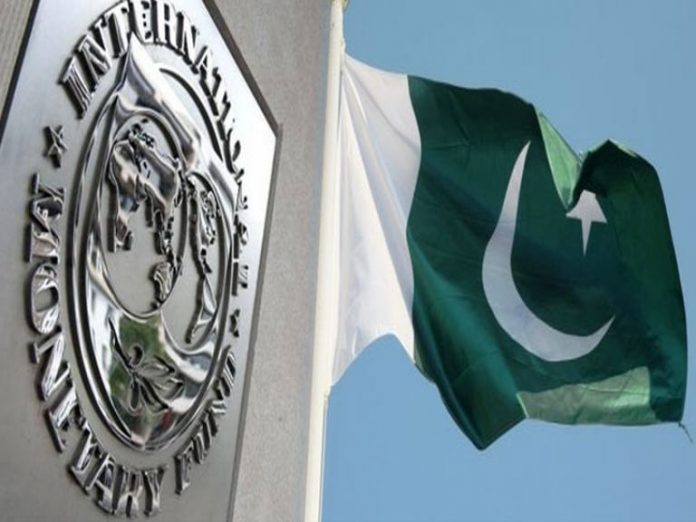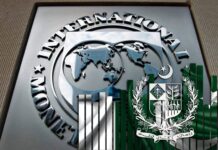
WASHINGTON: Pakistan’s de-facto Finance Minister, Dr. Miftah Ismail apprised U.S officials in a meeting in Washington on Thursday that Pakistan wasn’t seeking any fresh bailout from the International Monetary Fund (IMF).
Dr. Ismail who is on a tour to Washington to attend the spring meetings being conducted by the International Monetary Fund (IMF), also held bilateral talks with U.S officials, reported Dawn.
He apprised the U.S officials, the incumbent government had no plans for seeking a bailout from the IMF, as it had adequate resources for meeting its expenses over the coming six months.
Adviser to PM on Finance also held meetings with IMF, World Bank and U.S officials in which the government’s fiscal policies were brought forth and discussed.
Previously, World Bank, IMF and U.S officials had urged the authorities to revise its fiscal policies as it felt the rupee was overvalued.
During these meetings, the Pakistani delegation highlighted since December last year, Islamabad had allowed the rupee to depreciate by 9.25 percent against the dollar, in two steps.
They also shared with their fellow delegates from WB, IMF, and U.S side that the rupee was no longer overvalued, but Pakistan was ready to keep on monitoring the exchange rate if needed.
But the Pakistani side admitted the trade gap and current deficit were problems that required more attention as did national savings.
On the national savings front, the Pakistani team said the government was working on plans to enhance it to 16 percent.
The fall in remittances which had impacted Pakistan’s economy was also discussed during the meetings. The Pakistani team highlighted global remittances were again rising, which would be good for the country.
In response to the huge difference between imports ($45 billion) and exports ($21 billion), the Pakistani side said much of this gap existed because of capital goods which would medium- to long-term benefits for the country’s economy.
It pinpointed the year-on-year rise in exports, which touched double digits in first nine months of the outgoing financial year 2017-18, as a positive move.






